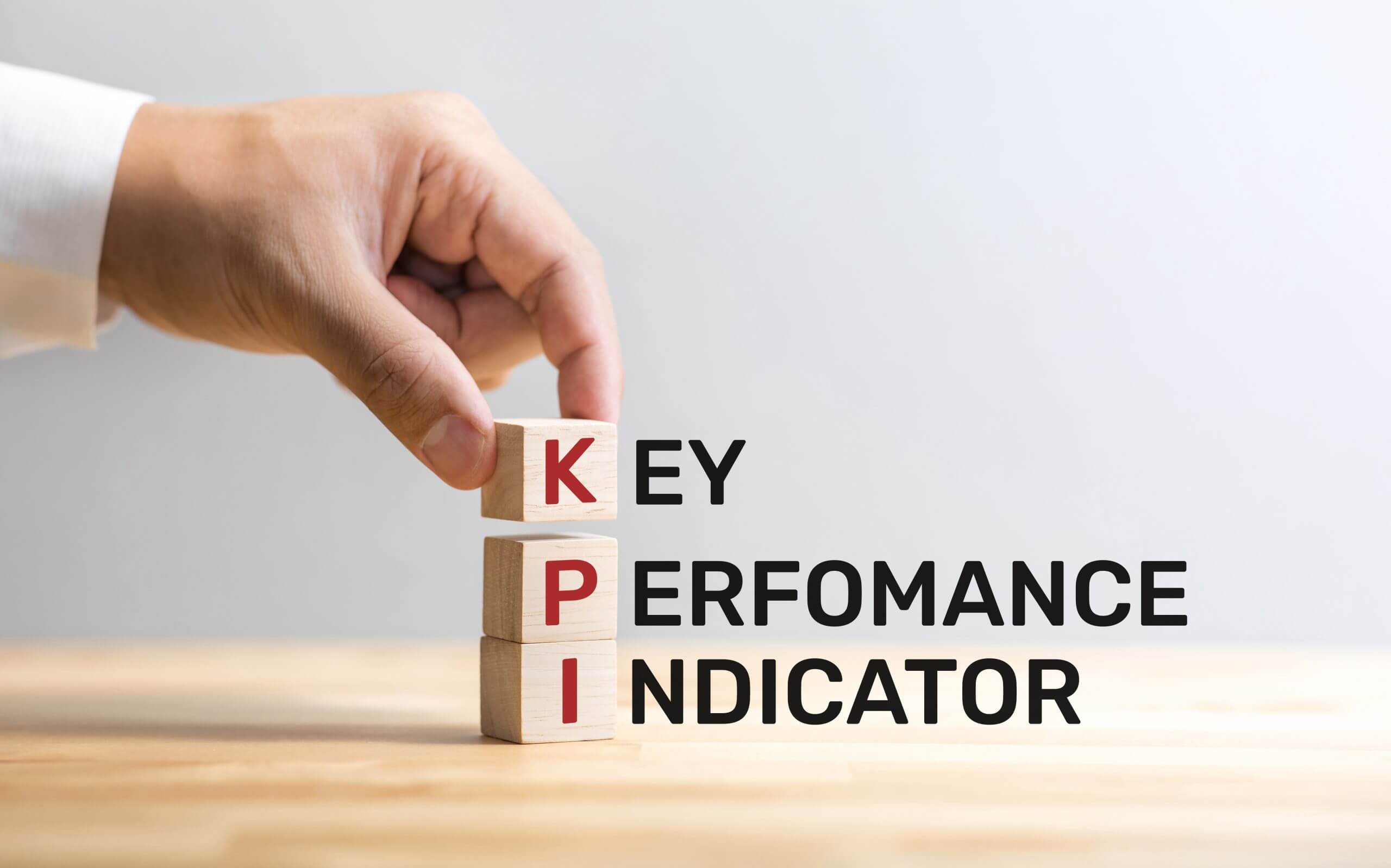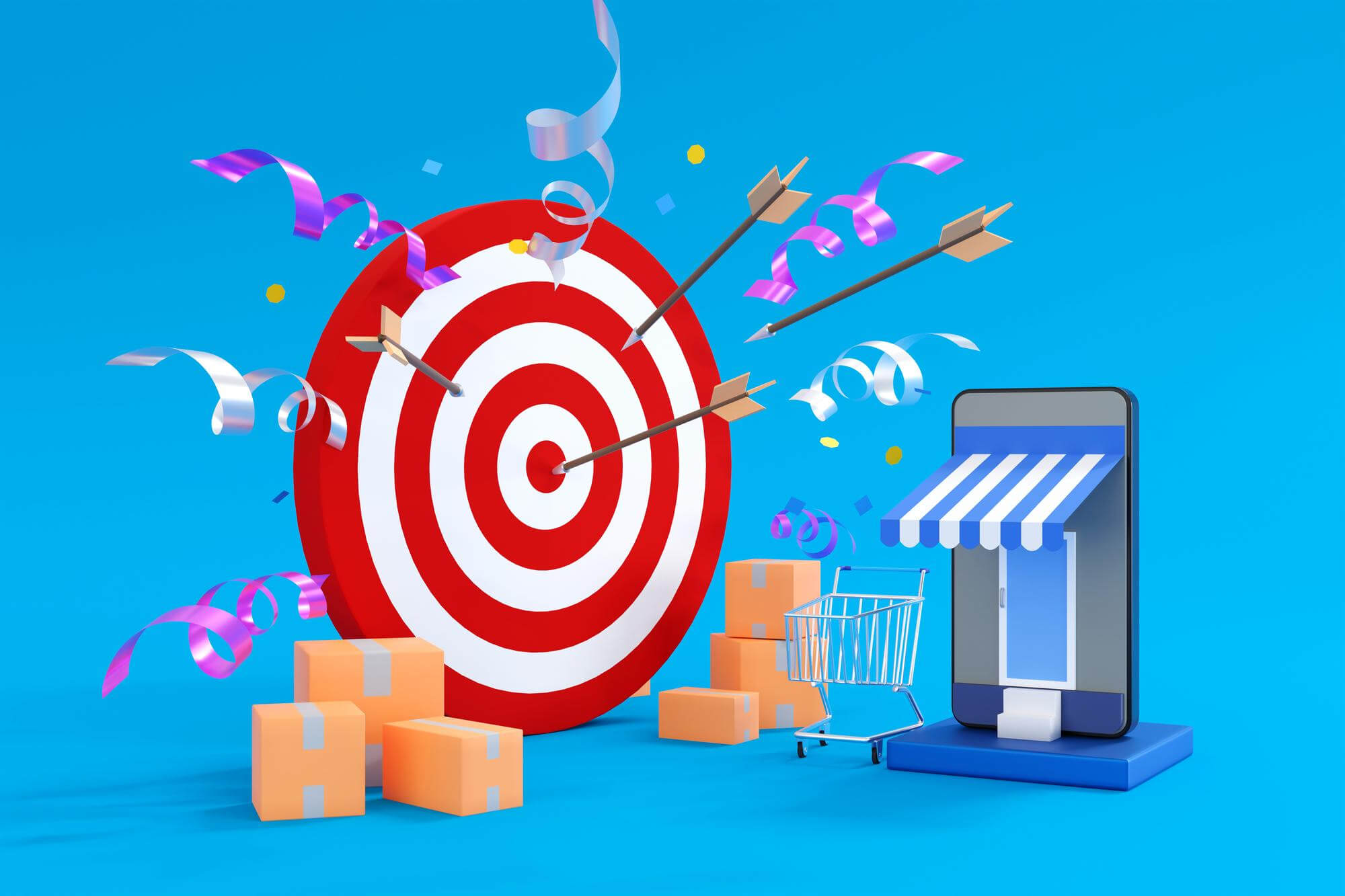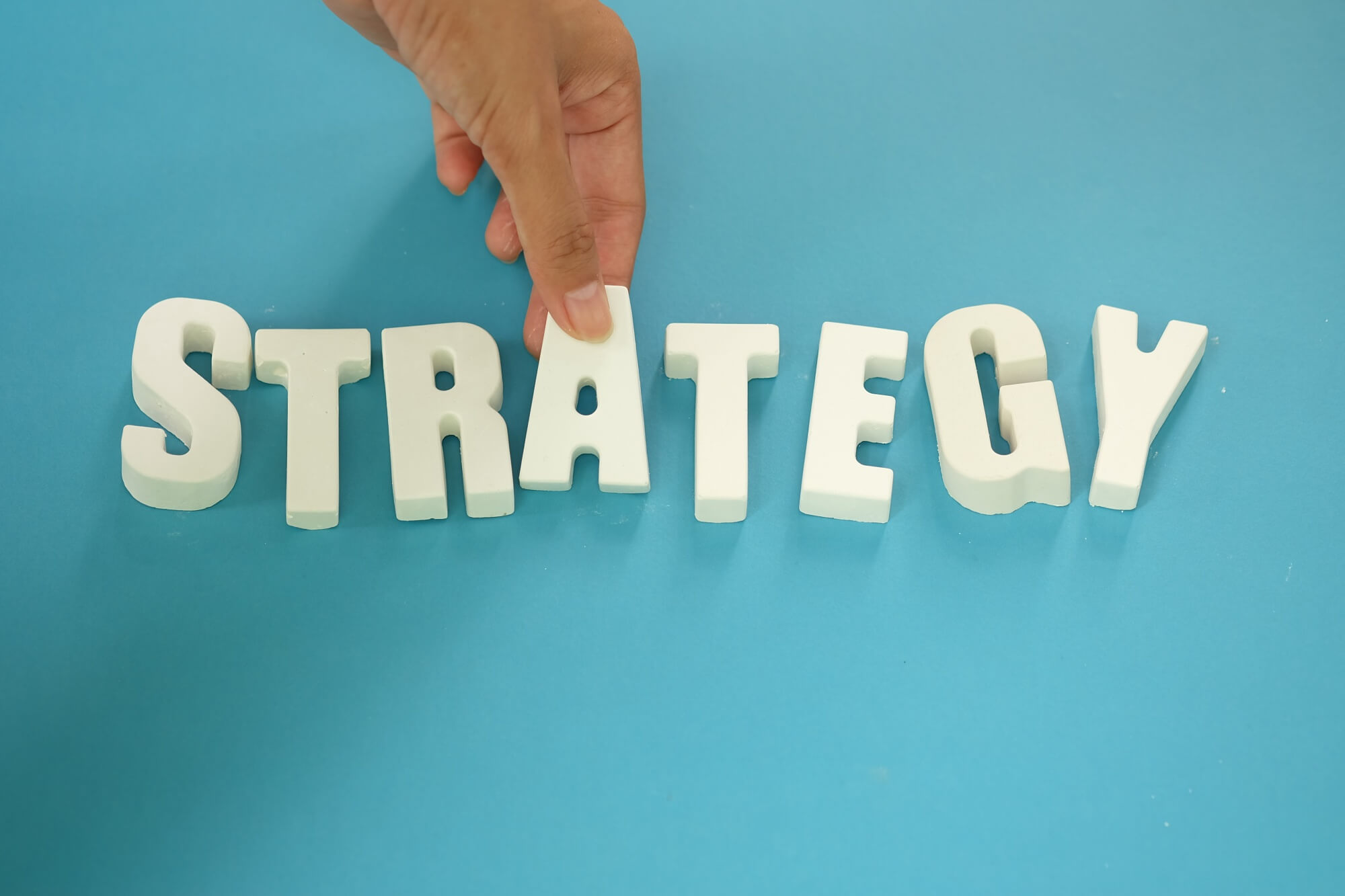Performance marketing and brand marketing aren’t the same thing, but is brand marketing, compared to performance marketing – falling into oblivion in 2024?
Many companies that sell directly to consumers are concerned with performance marketing, putting branding on the back burner in today’s world.

However, favoring one technique over the other has serious consequences.
Performance Marketing vs Brand Marketing
Now, let’s compare performance marketing and brand marketing:
| Aspect | Performance Marketing | Brand Marketing |
|---|---|---|
| Objective | Drives immediate sales or conversions. | Builds brand awareness, identity, and long-term customer loyalty. |
| Focus | Direct response and measurable outcomes. | Emotional connection, brand value, and overall perception. |
| Metrics | Click-through rates (CTR), conversions, return on ad spend (ROAS). | Brand awareness, customer engagement, brand equity. |
| Tactics | Pay-per-click (PPC) ads, affiliate marketing, SEO for conversions. | Content marketing, social media campaigns, storytelling. |
| Timeframe | Short-term and results-focused. | Long-term and relationship-focused. |
| ROI Measurement | Immediate and quantifiable ROI. | ROI is indirect and measured over a longer period. |
| Target Audience | Consumers ready to purchase or take action. | Broader audience targeting for wider brand appeal. |
| Budget Allocation | Typically variable based on performance and conversions. | Often a fixed budget for sustained brand development. |
| Campaign Adjustments | Rapid changes based on data and performance metrics. | Adjustments are less frequent, based on brand strategy shifts. |
| Content Style | Sales-driven, persuasive, and conversion-oriented. | Inspirational, brand-centric, and emotionally appealing. |
In a nutshell…
While performance marketing is more about driving immediate results and measurable success, brand marketing focuses on building and nurturing the brand for long-term success. Both strategies are crucial and often work best in tandem, contributing to a holistic marketing approach. To tailor marketing campaigns effectively, understanding the nuances of both strategies becomes imperative.
What is Performance Marketing?
What exactly are we talking about before we can reach that balance? According to the Performance Marketing Association, performance marketing is “a broad term that refers to online marketing and advertising programs in which advertisers (also known as “retailers” or “merchants”) pay marketing companies (also known as “affiliates” or “publishers”) when a specific action, such as a sale, lead, or click, is completed.”

This is a digital marketing strategy that is primarily focused on immediate and often short-term outcomes. You put an ad on one of the available performance platforms – one that is targeted to certain people – and pay the digital platform only when one of your target customers takes action.
Performance marketing has grown in popularity over the last decade as marketing budgets have been slashed in order to maximize return on investment.
On the other hand, brand marketing is all about developing and enhancing positive consumer views of the brand and engaging consumers to assist grow their affection for the company.

Essentially, brand marketing is the slower burning, more emotive, and long-term component of your marketing plan, whereas performance marketing is a quick short-term technique that might be useful for producing quick leads and sales.
The good news is that you do not have to choose just one. In fact, putting too much focus on performance marketing and bottom-of-the-funnel actions is detrimental to your company or brand. Similarly, focusing too much on brand-building and top-funnel strategies will leave you short on sales. Furthermore, branding work might aid in the improvement of your performance marketing initiatives.
What is brand marketing?
The process of developing and growing a relationship between a brand and its customers is known as brand marketing. Rather than emphasizing a single product or service, brand marketing promotes the entire brand, with products and services serving as proof points that support the brand’s promise.
Brand marketing aims to increase the value of a brand – and thus the value of the company.
The channels accessible for a brand marketing plan are the same as those available for product marketing activities, such as digital, social, and paid search advertising. Combining many channels to produce a media mix that reaches a large audience is an excellent technique.
Brand marketers may employ a brand advertising approach complemented by email and content marketing activities to promote brand awareness and reach potential customers across numerous digital areas. However, in order to choose the proper messages for the relevant audiences in these venues, we must first examine brand qualities.
Why is branding important?
Branding is probably more crucial than ever as markets become more crowded and it becomes more difficult to establish true customer connections. Branding enables businesses to express their distinctive stories and influence perception by providing customers with something in which to believe.
It piques clients’ curiosity and invites them to discover, learn about, and form a unique relationship with their brand.
Branding is about what a firm stands for – who it is at its core rather than specs and features. Branding is all about making customers feel good about supporting a brand and creating an emotional connection with them. Those that effectively brand leave a lasting image, which aids in the long-term growth of advocacy and loyalty among customers.
Performance Marketing vs. Brand Marketing
In 2021, according to eMarketer, global digital ad spending will reach $455.30 billion.

According to UppercutSEO, a leading digital marketing company, brand marketing and performance marketing are becoming increasingly interdependent for brands in this ever-growing industry because creating relationships with consumers is critical, as is offering customized campaigns. Brands must evolve in tandem with the landscape.
Should you incorporate performance and brand marketing into your marketing strategy?
We explain what they are, the benefits and drawbacks of each, and how they might help you achieve your digital advertising objectives.
Combining Brand Marketing & Performance Marketing
These ideas are critical if you want to stay competitive in today’s market. It takes a combination of these two areas for a company to stand out from the crowd. Only then will we be able to reach the kind of development and success required to have a significant and long-term influence? Because, at the end of the day, it’s all about driving business results, growing market share, and, most importantly, exceeding consumer expectations and developing a strong brand that connects, inspires action, and instills long-term loyalty in your customers.

Here are some strategies for implementing short-term performance marketing while keeping the long-term brand building in mind:
Invest in a team that helps you understand your data.
The only thing worse than not investing in data is not investing in data experts. In a 2018 Marketing Land study, the vast majority of respondents (72%) projected that data science would be the most in-demand technical expertise in two years – a forecast that proved to be spot on.
Many businesses recognize the importance of performance marketing but are confused about what to do with the data it provides. Having the right team of professionals in place can help you prevent this, and data can even become your best friend.
As you evaluate your budget, ensure that a considerable percentage of your performance marketing allocation is invested in data collection systems and a team of professionals who understand how to monitor and analyze the results. More importantly, they may assist you in determining how to incorporate those findings into a longer-term brand-centric plan.
Evaluate and balance your marketing budget.
Budget cuts, increases, and shifts in B2B and B2C marketing have been hot subjects in the industry during the pandemic, so this may be an obvious first step. But it’s one that many people overlook, especially as digital activations and e-commerce advertising grow in popularity.
Precise divisions will vary depending on industry and corporate goals. According to Binet in an interview with WARC:
- The most effective breakdown for B2C enterprises is 60% of expenditures on long-term growth and 40% on short-term.
- Their B2B recommendations differed significantly, with 46% focusing on the long term and 54% on the short term.
Seed future intent by making your brand to stand for something.
We are caught in a catch-22 situation in the affiliate marketing industry: Most customers dislike commercials, but a business cannot thrive without them. This is especially true in the age of digital marketing when buyers are bombarded with adverts from all sides in various formats. As a result, many customers are skeptical and mistrustful.

Thanks to new technology and privacy regulations, they now have the power to choose the type of material with which they will engage. According to Salesforce, 52% of customers want personalized offers.
Furthermore, according to Hootsuite, 42.7% of internet users worldwide use ad blockers.
So, how can we reach an increasingly sophisticated and seemingly impenetrable consumer as marketers and advertisers?
To develop trust early on, meet where your clients are, whether it’s a social issue, a specific dilemma, or a shared experience.
You can’t have one without the other when it comes to long-term brand building and short-term performance marketing. It is not only important to have the correct tools to understand your clients; it is also important to design and adhere to your brand statements.
This enables you to show consumers exactly where you stand and what you stand for, moving them beyond the category of consumer targets and into the area of consumer allies.
Conclusion
Today, we have covered the difference between brand vs performance marketing. It is evident that striking a balance between performance marketing and brand marketing leads to long-term growth and success.
Focusing just on performance marketing to increase short-term conversions without incorporating a brand marketing plan will negatively influence your company’s potential to expand.
Intelligent marketing strategies combine to generate long-term brand awareness as well as short-term acquisition channels that are more measurable than ever before. Using channels such as partner marketing or programmatic ads, performance can be maximized by branding approaches such as sequential storytelling.

Last Updated on April 12, 2024





